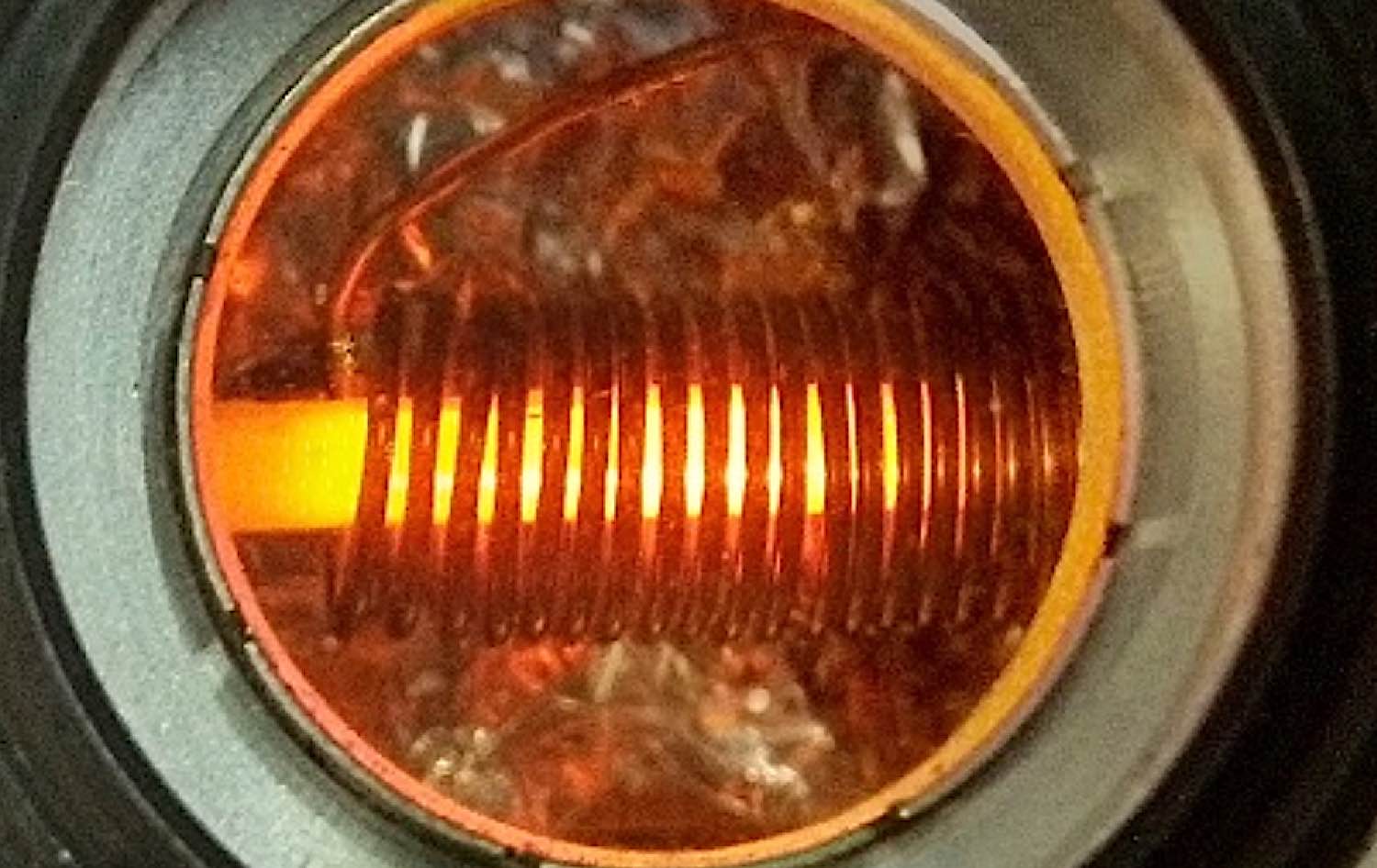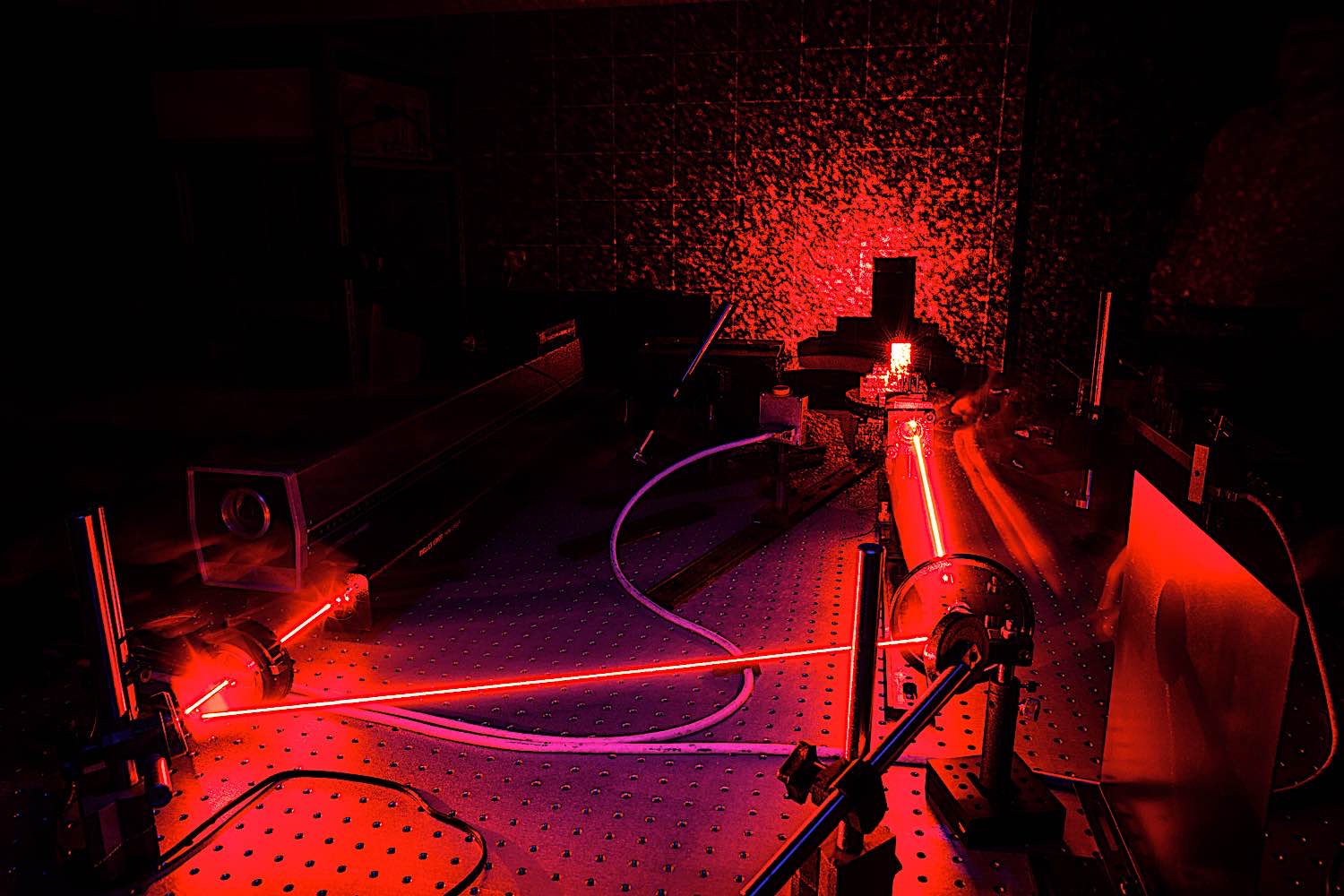The discovery of Quantum Physics has been a game-changer in the way we understand the world around us. By understanding and harnessing the power of quantum particles, we have been able to create technologies that were once thought to be impossible.
What is Quantum Memory?
Quantum memory is the ability to store and retrieve quantum information. This information is stored in qubits, which are units of quantum information. These qubits can be stored in a variety of physical systems, including crystals, atoms, and photons, but only for a brief period of time.
Now, researchers from the University of Geneva have made a breakthrough in Quantum storage, successfully storing a qubit in a crystal for 20 milliseconds. They kept the crystal at a cool -273,15°C throughout the experiment.
This new record could help pave the way for long-distance ultra-secure quantum telecommunications networks, which would be virtually impossible to hack. The team of researchers announced in their paper that within ten years, such a network could be operational.

What Does This Mean For Quantum Computing?
This breakthrough could have major implications for quantum computing, as it opens up the possibility of storing qubits for longer periods of time. This would allow for more complex quantum computations and open up the chance of developing long-distance quantum networks.
For example, GPS systems relying on quantum computers could become much more accurate, as the qubits would be able to store more information for longer periods. Computers and smartphones would also allow for faster data processing and analysis as we can store more qubits in the system.
This event could also lead to the development of more secure quantum encryption methods for cryptography, making it incredibly difficult for hackers to eavesdrop on communications, as they would need to access the qubits to decode the information.

What’s The Hold-Up?
One obstacle stands in the way of developing these long-distance quantum networks, and that is the fact that qubits tend to disappear after traveling a few hundred kilometers within an optical fiber cable.
To get around this, the UNIGE team of researchers is working on developing a repeater or relay, which would be able to store the qubits for more extended periods. Another potential solution is to use satellite-based quantum repeaters, but this would require a much more complex infrastructure.
The UNIGE team is confident that they will be able to overcome these obstacles and develop a marketable quantum storage system within the next ten years. This would be a step forward not only for quantum computing but also for telecommunications and cybersecurity.
The Future of Quantum Memory
This breakthrough is just the beginning of quantum memory. As researchers continue to experiment with different storage methods, we will likely see even longer storage times in the future.
That could lead to even more complex quantum computations and secure quantum networks. We are on the cusp of a new era in quantum computing, and this breakthrough is a significant step forward.
Feel free to University of Geneva our blog for more updates on the latest scientific news.


































